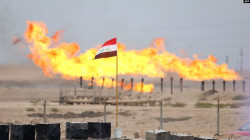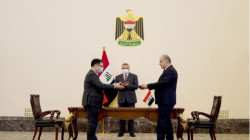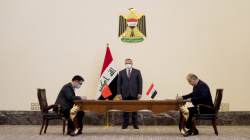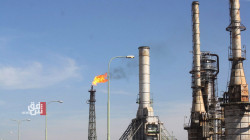From Seoul, Danish expert urges the Iraqis to emulate China's experience for a greener country
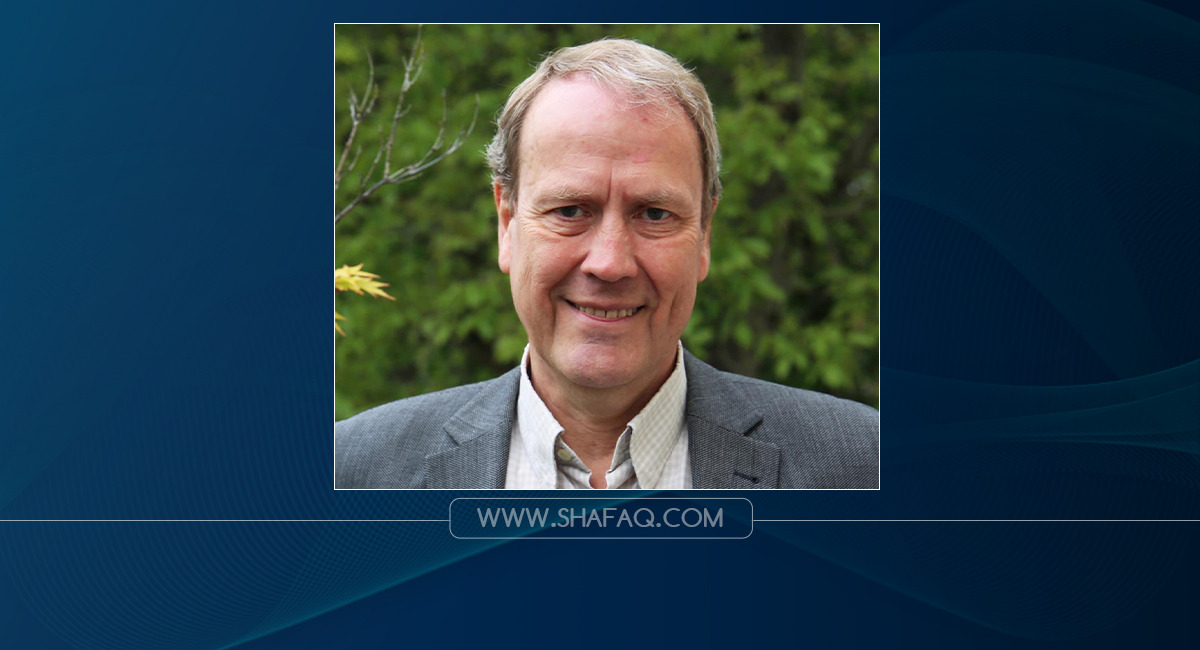
Shafaq News/ Optimism stood out in the World Forestry Congress (WFC) as a counterweight to what seemed like overwhelmingly bad news about species and ecosystem decline and climate catastrophe. The speakers were obviously trying to shine a light of hope on a dim future and inspire people to persevere and find a way forward, rather than simply giving in.
Held in the south Korean capital, Seoul, the congress aims to showcase the essential role of forests in the global sustainable development agenda – comprising, among other things, the 2030 Agenda for Sustainable Development, the Global Forest Goals (GFGs), the Paris Agreement on climate change, the UN Decade on Ecosystem Restoration, and the post-2020 Global Biodiversity Framework – and identify key measures and recommendations for enhancing this role.
"The Congress will help ensure that forests are an integral part of discussions and decisions on sustainable development because of their importance for the health, well-being and stability of the planet and its peoples," WFC official statement said.
However, as government leaders and forestry experts gathered in South Korea to discuss the state of the world's forests, all the markers suggest that ambitious international efforts to curb deforestation are making insufficient progress and the planet's trees continue to disappear, particularly in developing countries, home of the planet's climate-critical flora.
In Iraq, the scale of the environmental problems is so enormous that it can easily trigger a sense of paralysis, even for seasoned analysts. And that is even before we consider the added negative effects of climate change.
Iraq is getting hotter, and the rains and snowfall that feed its great rivers are becoming more unpredictable. As the oceans rise because of polar ice caps melt and ocean temperature increases, the saltwater of the Gulf is migrating upstream, invading fertile agricultural areas.
Deforestation, desertification, and unsustainable agricultural practices are also a worry. Many countries in the world are experiencing such problems. But in Iraq, these issues are poisonously networked with a variety of other problems that complicate and amplify the impacts of climate change and environmental degradation.
The current status of Iraq exposes more systemic problems in the global efforts to curb deforestation and combat the impact of climate change.
Amid this somber scene, Danish Forestry expert, Kim Carstensen, believes there is a ray of hope for the war-scared country. The incumbent Director-General of the Forest Stewardship Council has a proven track record as a global leader within the environment and development sectors.
The expert based in Bonn, Germany, said that the 15th convention of WFC recapitulates the outcomes of the United Nations Climate Change Conference (COP26) held in Glasgow last year, that including phasing out coal-fired power, pioneering funds to help developing countries mitigate the impact of the climate change, and identify the main threats to the planet's environment.
Carstensen expressed optimism over the outcomes of the Glasgow summit, but warned of the suboptimal management of the funds dedicated to environmental projects and the "slow cooperation" between the governments, organizations, and locals. However, he reiterated that "the right tree in the right place" remains the main goal if we are seeking to plant more than 10 million squared kilometers, equivalent to Chine's area, of deforested green lands.
"The purpose of the meeting here in Seoul is not to make decisions or reach formal agreements, but to meet with people and work to find solutions for the drought and deforestation that, for instance, Iraq and Syria are experiencing," Carstensen said.
According to official data, desertification now affects 39% of Iraq's land, and increased soil salinity threatens 54% of the agricultural lands. The 2020-2021 rain season has been the driest in 40 years, seeping away 29% and 73% of the Tigris and Euphrates waters, respectively.
When trees are left standing, they store carbon in their roots and the surrounding soils, absorbing 29% of all man-made carbon emissions. For this reason, Carstensen believes that "foresting" can be the solution to Iraq's most environmental issues. Trees can control the Carbon Dioxide air levels, reduce the weather's temperature, retain water in the soil, which prevents the drying out of the water resources, like rivers.
"This is my advice to Iraqis," the head of the Forest Stewardship Council said.
Apart from the issues that shall be addressed politically, in reference to Iran and Turkey's damming on the course of rivers flowing into Iraq, trees, according to Carstensen, are Iraq's haven to avert drought and desertification.
Is there any hope for Iraq?
"We have seen many initiatives worldwide. Over the past decade, China has planted windbreaking forest strips to hold back the expansion of the Gobi Desert and halt the sandstorms," the Danish expert said, "they are still working on expanding it."
"Even though they have not completely made it so far, they continue to work. Iraqis shall study such initiatives," he asserted, "China's experience in the past decade remains a huge success, nonetheless. South Korea, as well, is the first country to proceed with foresting projects in the post-WWII."
